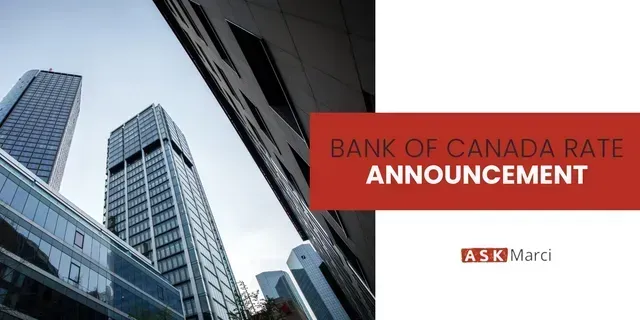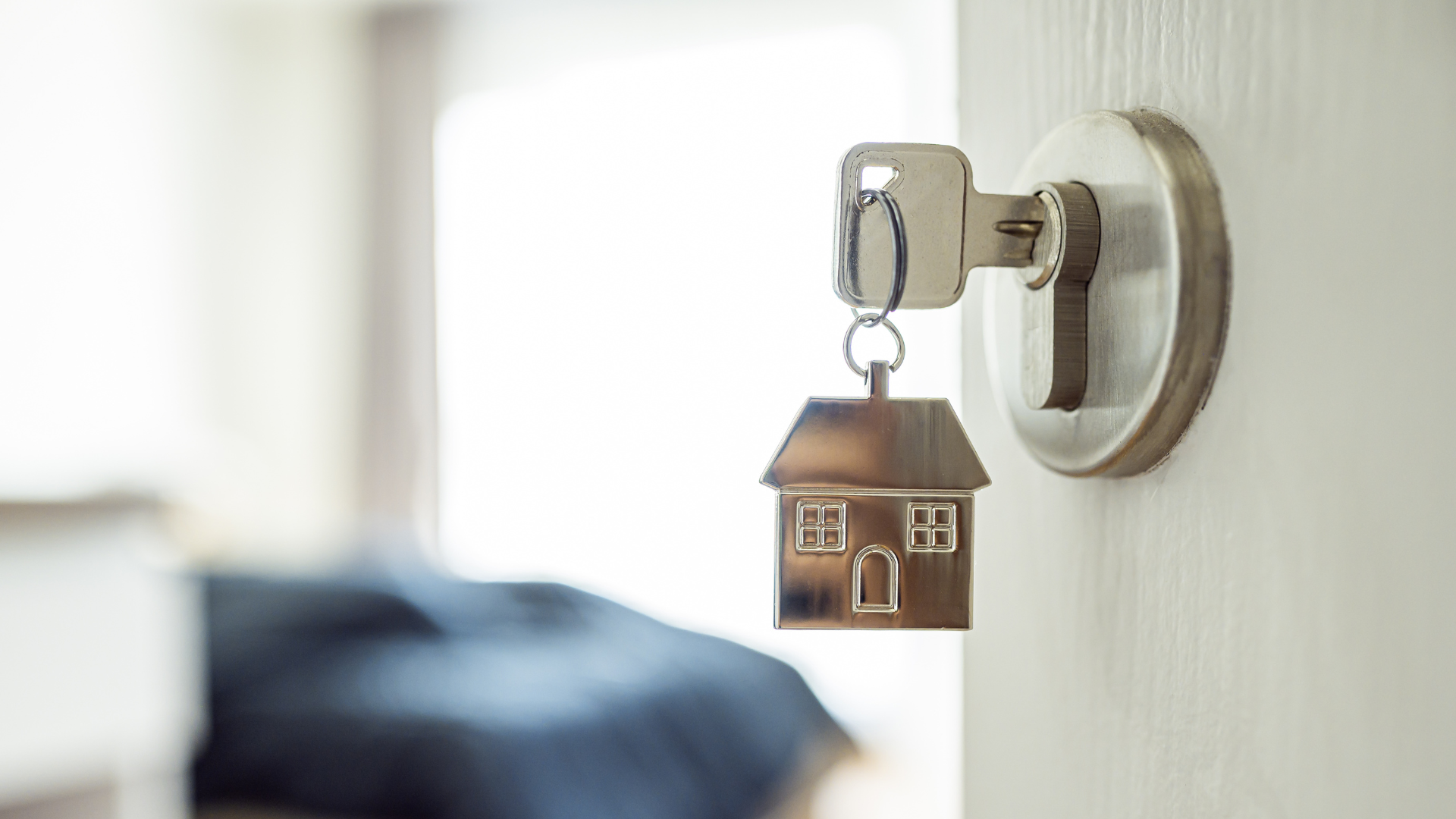Using Common Spending Habits to Accelerate Mortgage Repayment
Whether you are looking to save a downpayment for your first home or you would like to pay down your existing mortgage just a little more quickly, the secret to getting ahead might just be in managing your spending habits.
Nestwealth , a Canadian wealth management company; who has a really good blog, recently released an article called “6 Common Spending Habits you Don’t Have to Follow”. The article has been published with permission below, have a read through their suggestions to see if you have any money you could use to either save that downpayment, or put down on your existing mortgage!
If you have any questions about mortgage financing, don’t hesitate to contact me anytime!
6 Common Spending Habits You Don’t Have To Follow
Our frivolous spending is often formed out of habit. And since habits are made up of actions we don’t realize we are doing over and over, it makes sense that our common spending habits are usually the hardest to identify and break.
But it doesn’t have to be that way.
Sometimes all you need is a gentle nudge from someone else to help kick those pesky spending habits to the side. Check out the top six common spending habits that you don’t (and shouldn’t) have to follow.
1. Treating yourself to lunch or dinner … every day.
Life is busy and sometimes it feels like it’s moving faster than we can keep up with. In those instances, it’s easy for us to grab lunch on the go or allow the takeout containers to pile up from dinners we simply didn’t have the time to make ourselves.
This spending pattern not only takes a toll on our bank account, but our health as well. You can alter this behaviour by planning your meals ahead of time, which can include treating yourself when necessary.
2. Charging a vacation to your credit card.
Oh how sweet life would be if we could afford endless vacation. That isn’t the case for most and yet, so many of us end up traveling on credit because it’s just so easy to do.
Breaking the habit here is simple. If you can’t actually afford to get there and have a good time, you shouldn’t be going in the first place. Sound depressing? It doesn’t have to be. Be realistic with your budget and start putting aside money in your vacation fund.
You will enjoy your time away so much more without the debt.
3. Impulse buying … everything and anything!
We’re all guilty of impulse purchasing. It’s how the retail business was built after all. It can be even more challenging to avoid when you’re in the company of friends and family that have the very same habit.
But sometimes we have to pull back and have that difficult conversation with ourselves where we admit that we don’t truly need that new shirt, shoes, or home accessory.
4. Paying for unused services.
So, you got stopped on the street and signed up for a membership to somewhere, for something — and never looked at it again. Or how about that gym membership you pay for every month … but never set foot in.
Don’t worry, it happens! What better time than now to cancel those memberships and redirect that money somewhere else — like back in your bank account.
5. Falling victim to fees.
It’s so easy to get caught up in the rush of doing things quickly and conveniently. More often than not, convenience comes at a price.
Think about how many times you’re cashless and fall victim to those pesky ATM fees, or maybe you overdo it on the e-transfers and gasp at your bank statement when you see how much that seemingly little convenience cost you.
Plan ahead by pulling the cash you need for the week and be aware of what these tiny habits are costing you in the long run.
6. Avoiding the small pleasures.
On the flip side of all that we’ve mentioned, it’s super important that you do in fact indulge in that latte, as opposed to desperately trying to save your way to wealth by avoiding the small stuff.
While this might seem counter-intuitive, we actually discuss the science behind this in more detail by breaking down the ‘latte factor’ in our podcast ‘The Smart Money’.
Start changing your spending habits now, so you can afford more in your future.
Share












